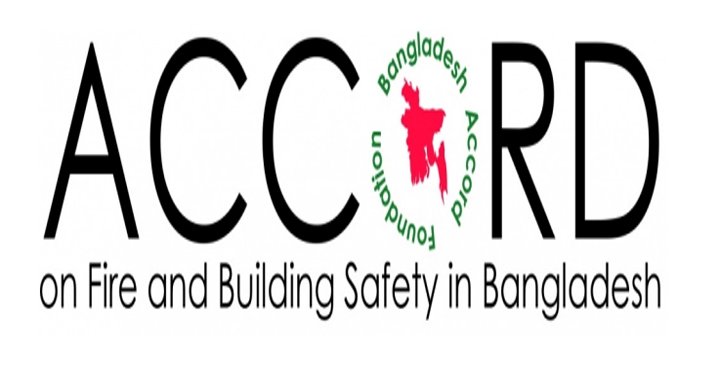According to the latest statistics released by the American Apparel & Footwear Association: In 2020, on average, every man, woman, and child in the United States spent $1,067.93 to buy 51.8 pieces of clothes and 5.8 pairs of shoes. Normally, those numbers are higher, but the COVID-19 pandemic reduced them.
In Laudato Si’, Pope Francis reminds us: “Purchasing is always a moral – and not simply economic – act” (#206).
We have five times more clothing today than 40 years ago. We prize bigger, walk-in closets to accommodate our clothes. Clothing purchased this year will have seven uses on average before being discarded by the purchaser.
That’s a lot of clothing with a hefty impact on carbon emissions and the climate crisis. That’s a lot of stuff sitting in people’s closets. That’s a lot of that ends up in landfills.
Our overflowing landfills aren’t the only obvious signs of a “throwaway culture.” The purchase of discardable clothing lends itself to thinking of the workers as disposable as well.
The old notion of a “good buy” is that it is cheap and makes you look thin. A renewed notion: a “good buy” has ethical content. How was it sourced? How does it care for creation? How were the workers treated in the making of this garment? Were they paid a living wage?
In April 2021, 200 ICCR members and affiliates signed the ICCR Investor Statement Calling for Renewal of Bangladesh Accord, a month before the agreement was set to expire. A brief extension of the Accord secured protections for worker rights and remedy solutions for 2 million workers at 600 factories through August 31st. We are delighted that the Accord has been renewed and expanded for two years as the International Accord for Health and Safety in the Textile and Garment Industry. This new Accord takes effect on September 1, one day after the current Bangladesh Accord is set to expire. Like its predecessor agreement, the new International Accord is a legally binding agreement between companies and trade unions that aims to make ready-made garments (RMG) and textile factories safe. True to its new title, the new Accord aims to expand these safety standards and worker to other countries and labor markets using the Bangladesh Accord model.
A list of signatories to the International Accord is available here. While it includes American labels like Fanatics and PVH (owner of Tommy Hilfiger, Calvin Klein, Warner’s, Olga and True & Co., and licenses brands such as Kenneth Cole New York and Michael Kors), we are disappointed that U.S. companies like Costco, the Gap, Kohl’s, Macy’s, Target, TJX (owner of TJ Maxx and Marshalls), and Walmart are not yet signatories. This roster of American non-signatories aligns with those who refused to join the Accord in 2013, opting to create the now defunct Alliance for Bangladesh Worker Safety instead. Given that a fire swept through a garment factory, killing 17 people in Pakistan on Friday (8/27), worker safety remains an urgent concern and requires multilateral action. To sit on the sidelines is irresponsible.
Connecting the first section of this post with the second, I’d suggest that, while we, as consumers, can “buy better,” the Accord, a legally binding, multi-stakeholder agreement, advances commitments to worker safety in ways that corporate “codes of conduct” and audits cannot. If a company hasn’t signed it, the onus is on them to demonstrate that they are doing something better.
Please see the New York Times and Reuters articles for more background on the new Accord.


